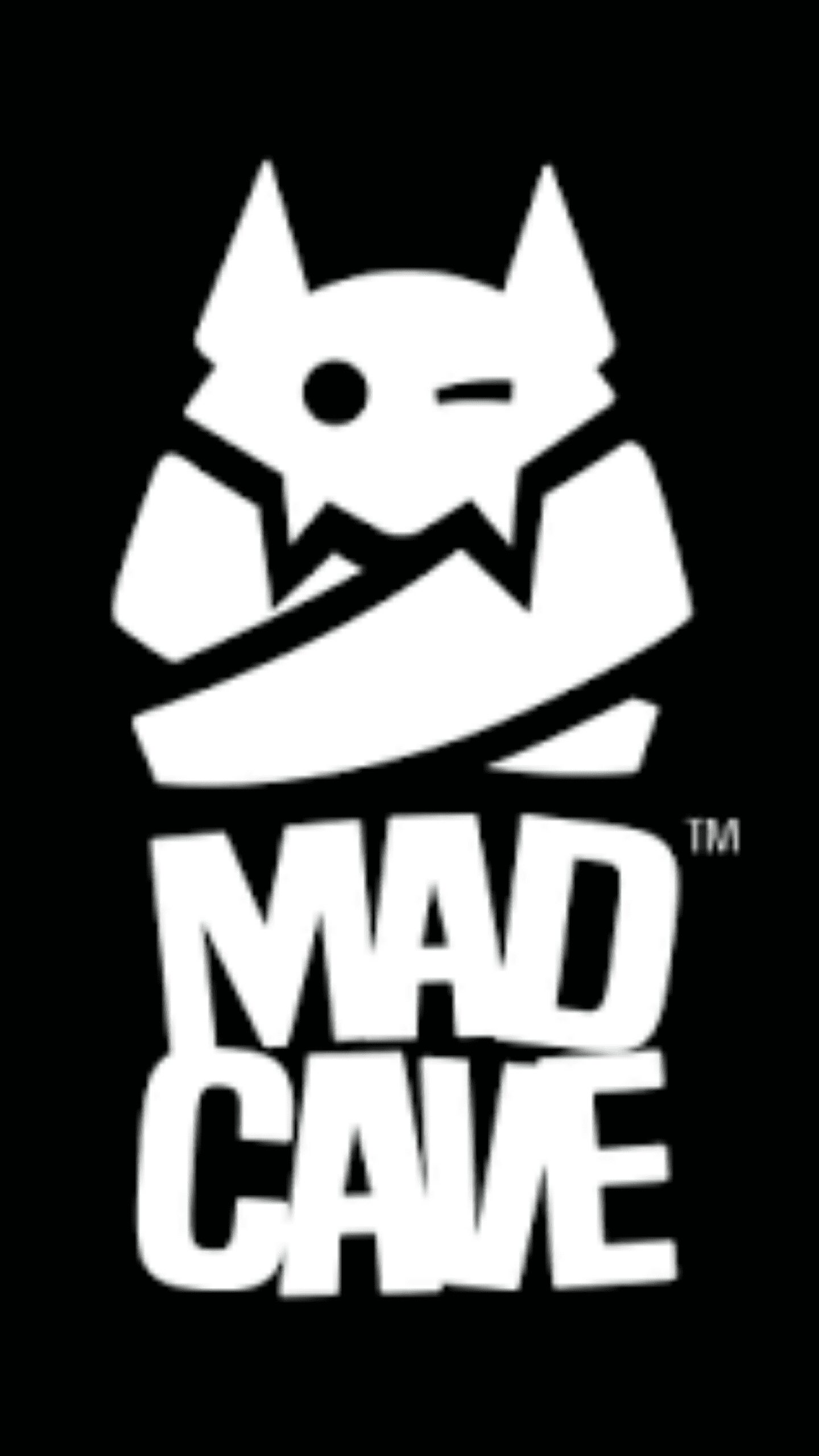There has been a lot of talk about diversity in comics. It has become the buzz word thrown around when companies want to distract from the fact that they have been writing the same story over and over since 1938. The Big Two use it when a woman is given a lower tier title which will receive little to no promotion or when a person of color is allowed to write Black Panther. You know? Diversity! All cynicism aside (or at least turned down a notch) what does this extremely broad word actually mean when applied to the humble comic book?
The Macquarie English Dictionary describes diversity as; The state or fact of being diverse; difference; unlikeness.
The real question this definition raises when applied to comics is, different to what? The simple answer is, different to the comic sitting next to it on the stands. We love our super-heroes, we do, let’s face it. We love seeing one white, Lycra clad bag of walnuts smashing their fist into another white, Lycra clad sack of walnuts. It has sustained the industry for over 78 years. Very little has changed and this, I think we can all agree, is problematic.
The original characterization of super-heroes and the world they lived in was representative of its time. Here was a simpler world, presented boldly and simplistically. The heroes were almost exclusively men, written and drawn by men and sold to boys. White men. White boys. White heroes.
Like with any entertainment industry, when you find a good thing, you stick with it and you try to milk it to within an inch of its life. It is quite amazing to look at the mainstream comics industry and see just how much mileage they managed to get from the same basic mold. Yet it was inevitable that change would have to come and I’m not referring to just putting a ‘Black’ or ‘Ms’ at the start of a characters name. This change though has been slow and awkward; clumsy and ill conceived at times.
It has seemed like there is some kind of block, some hidden agenda behind the closed doors of mainstream comics which are keeping the man (or woman) down. The lack of real representation for a large number of people in the modern community is somehow perceived as being cruel or Machiavellian, when the truth of it is far less insidious.
What do we actually want from our comic books?
For those not represented fairly, the answer is more obvious; they want to be represented. I’m lucky; tall, geeky, gormless, white guys with bad eyes like myself have been well represented by the slew of Clark Kent appearances since 1938, so I can only imagine what it must feel like to have no sense of yourself reflected in the medium you love. Yet there are so many who want the status quo to stay the same; who believe that changing their beloved characters is akin to sacrilege, or worse, bowing to political correctness.
It is hard to trust the motives of a corporation like Marvel, especially since it was bought out by Disney; not a company renowned for its aversion to a dollar. I wrote last week, asking if Marvel had lost their way, partly due to my belief that if creativity is driven by profit, the results are rarely pure. This makes fans uneasy, myself included. There are legacies at play here, important ones and to try to exploit them for an immediate small profit at the cost of their future is a risky gamble.
I am also aware though, that in the end , does the motive really matter? If change occurs and it actually succeeds, then the reasoning is irrelevant, isn’t it? All changes can be reversed, or spun off into other titles and the original can be returned to their former glory, a little wiser, a little brighter and surrounded by a universe far more diverse than the one it exited.
And what does that diversity involve? What best serves the industry?
Realism. Not grim and gritty, excessively violent, vulgar or pornographic realism (though that has its place too), but a realism reflective of the world around us. It is not just about having X amount of women here or X amount of minorities there; it is about natural diversity in characterization, setting, story, ideology, philosophy and genre. It is about choice as a reader and the ability to find something, someone who resonates with you, no matter your background. It is about well rounded voices telling well executed stories from real world cultures. It is about seeing ourselves reflected back, framing us in fantastical story telling, but allowing us touchstones from our own lives to better immerse ourselves in fantasy.
Comics are about us.
Huge leaps have been made. Many independent companies have long offered a huge range of diversity in their titles and Marvel in particular have made leaps and bounds of late, regardless of our suspicions. Yet we’ve got a long way to go.
Realism in any creative medium is hard fought. It is a skill you learn and it shows a mastery of your craft. It also opens up the world, invites it into your art and presents infinite option. There is nothing as strange, varied, exciting or beautiful as the real world. It is the drug of the gods.
The comics industry would benefit greatly from its application.




